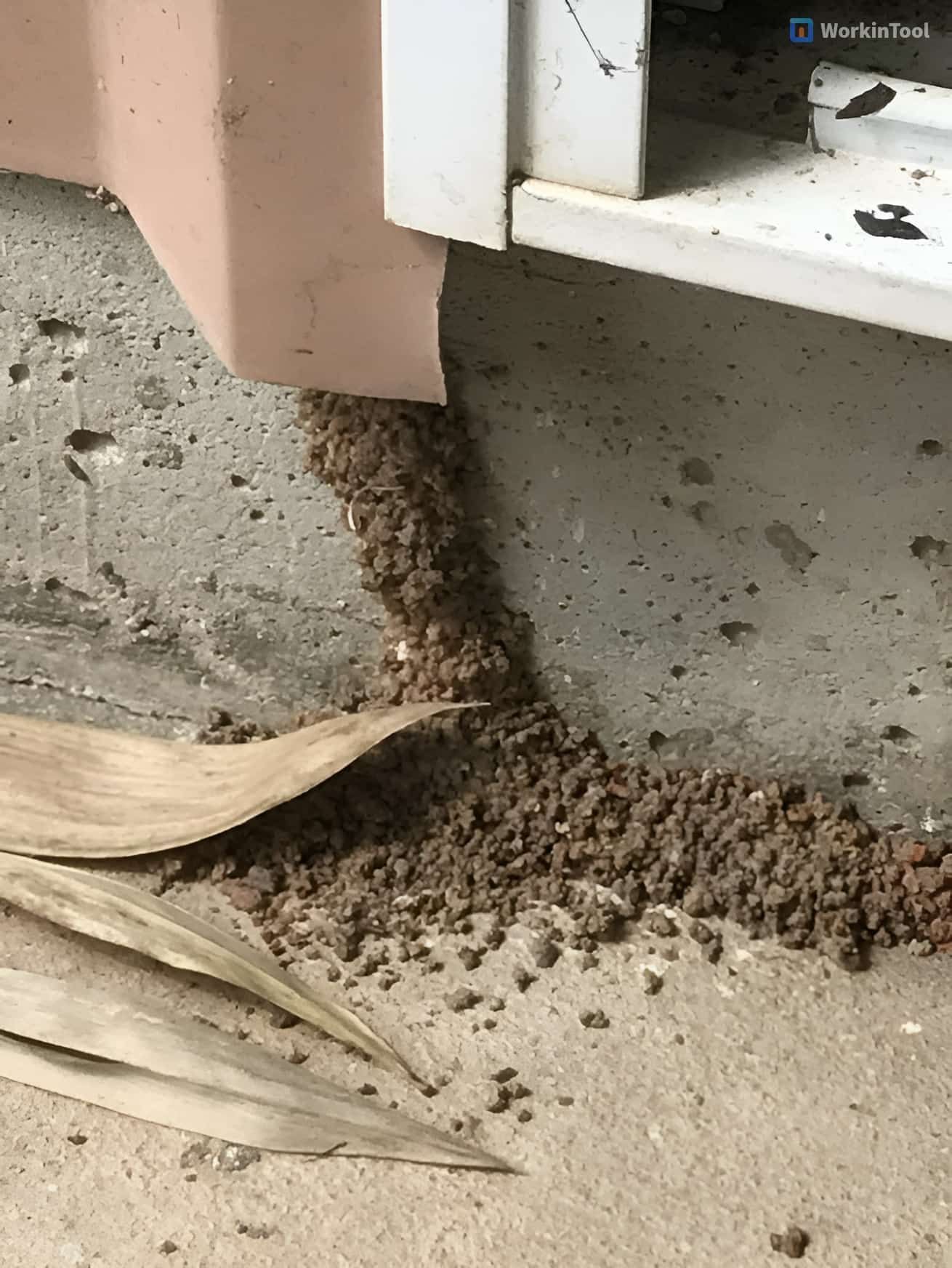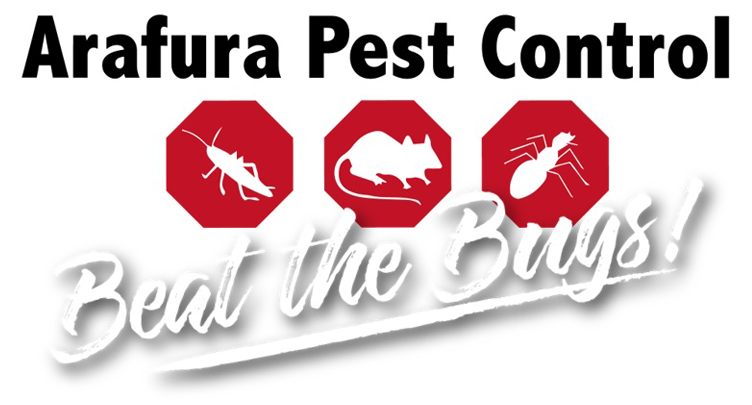Top Signs You Need A Termite Inspection In Darwin Homes
In the tropical climate of Darwin, termites are more than just a nuisance—they’re a very real threat to homes. These tiny insects are capable of causing extensive structural damage, often before any visible signs appear. With high humidity, seasonal rains and warm temperatures creating ideal conditions for colonies to thrive, homes across the Top End are particularly vulnerable.
Knowing when to schedule a
termite inspection in Darwin can make the difference between early intervention and costly repairs. Here’s what to look out for, and why regular inspections should be part of your home maintenance routine.

Why Termites Thrive in Darwin
Termites love moisture and warmth, and Darwin’s climate provides both in abundance. The tropical environment encourages faster breeding, longer foraging periods and sustained colony growth throughout much of the year.
Factors that contribute to termite activity in the region include:
- High humidity, which softens timber and makes structures more inviting
- Monsoon seasons, which saturate soil and create damp conditions around foundations
- Timber-framed homes and older buildings, which may offer easier entry points
- Vegetation close to homes, providing both shelter and food sources for termites
These conditions mean that termites in Darwin can go undetected for long periods—often until damage becomes visible.
Key Warning Signs of Termite Activity
Being proactive starts with recognising the early signs. While termites are often quiet invaders, there are several indicators that may signal their presence in or around your home.
Here are the top signs that it’s time to book a termite inspection near you:
1. Hollow-Sounding Timber
Tap gently on timber beams, skirting boards or floorboards. If it sounds hollow or papery, termites may have eaten the wood from the inside out. They typically avoid breaking through to the surface, leaving just a thin veneer intact.
2. Mud Tubes on Walls or Foundations
Termites build mud tubes—narrow, pencil-sized tunnels made of soil and saliva—to travel between their colony and a food source. These tubes are often found:
- Along the base of the walls
- On concrete piers or stumps
- Inside cupboards or behind furniture
They help termites stay protected from light and predators while moving through your home.
3. Discarded Wings
After swarming, termite alates (reproductive termites) shed their wings. You may find small piles of wings near windowsills, doors or light fittings. Swarming usually happens during warm, humid periods, especially at the beginning of the wet season.
4. Tight-Fitting Doors or Windows
As termites consume timber, they can cause warping that affects doorframes and window sills. This can result in windows or doors becoming harder to open or sticking unexpectedly. Moisture from termite activity can also exacerbate this effect.
5. Visible Damage or Crumbling Timber
In more advanced cases, damage may become visible. This might include:
- Cracking paint or bubbling surfaces
- Soft, spongy floorboards
- Skirting boards that break apart under pressure
- Timber that crumbles when touched
At this stage, structural integrity may already be compromised—making immediate inspection critical.
The Importance of Early Detection
Termites cause more damage to Australian homes each year than fire, storms and floods combined. What makes them especially dangerous is how silently they work. Often, infestations continue for months or even years before being discovered.
Benefits of early detection through a termite inspection in Darwin include:
- Preventing widespread damage by identifying colonies early
- Avoiding expensive repairs, especially to structural components
- Protecting timber features, such as flooring, roofing and cabinetry
- Maintaining property value, particularly when preparing to sell
- Peace of mind, knowing your home is being monitored and protected
In high-risk zones like Darwin, annual inspections are often recommended—and in some cases, required by home insurance policies.
What to Expect From a Termite Inspection
A professional termite inspection is thorough, non-invasive and designed to give you a clear picture of any current or potential activity.
The inspection typically includes:
- Visual checks of all accessible areas, including the roof void, subfloor, walls and foundations
- Assessment of external structures, such as pergolas, fences and landscaping timbers
- Use of detection tools, including moisture meters and thermal imaging, where necessary
- A detailed report, outlining findings, risk areas and any recommended treatment or prevention steps
If live termites are found, your
pest control provider will also recommend treatment options to stop the infestation and protect the property moving forward.
Why Choose Local Support in Darwin
Working with a local provider means you benefit from insights that are specific to Darwin’s climate, building styles and termite behaviour.
A local team understands:
- How seasonal conditions affect termite activity, and when inspections are most important
- What construction types are common in Darwin, and where hidden risks may lie
- Which termite species are most prevalent, and how they operate
- Local council regulations, building codes and risk zones
This local knowledge is key to identifying subtle warning signs and offering solutions that suit homes across the Top End.
Protect Your Home With Confidence
Termites aren’t always easy to spot—but they can cause damage quickly and quietly. If you've noticed any of the signs listed above, or simply want peace of mind, a professional termite inspection in Darwin is a smart step to take.
At Arafura Pest Control, we support homeowners across Darwin with tailored termite solutions designed for our unique tropical environment. Whether you're dealing with an active infestation or planning routine prevention, we offer honest advice, modern tools and dependable service. Contact us to request a termite inspection or speak to a local technician today.






